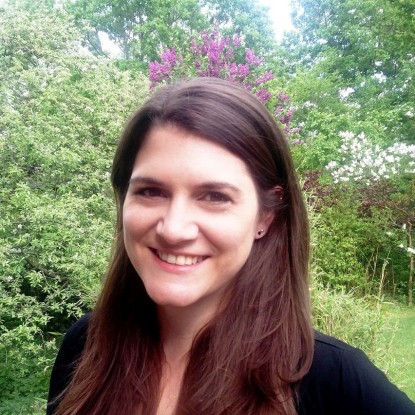Project 2018-2021, funded by the Klaus Tschira Foundation: Förderung der Textkompetenz von Nachwuchswissenschaftler_innen in den Naturwissenschaften (Project lead: Prof. Dr. Nina Janich, Project Assistant: Maike Sänger, M.A.)
Questions of the project
• How do researchers in the natural sciences communicate with the public in an up-to-date and specific manner? What contacts to science journalists and opportunities for public relations communication are used?
• What problems do researchers face? For example, how easy or difficult is it do communicate uncertainty, doubt, or non-knowledge? What good and bad experiences were made?
• Which solutions for such problems make sense? What recommendations can we give from a linguistic point of view?
Method
The fact that science repeatedly has to explain, justify, and even defend its credibility and its research practice is clearly shown in current societal debates. As part of their research, scientists often come across aspects of non-knowing, doubt, or uncertainty – but as reports on research are usually presented as success-stories, it is difficult to address the aspect uncertainty in the same way as verified research results. Therefore, the aim of the project is to ask media-savvy researchers about ther experiences and to collect potential communication problems, misunderstandings, but also examples of success, in order to reconstruct critical communication situations. Further, science journalists are asked about their experiences in order to derive possible communication standards from these critical situations. The evaluation of the interviews is supported by a linguistic analysis of several scientific statements in the media. Based on the results, the aim is to provide junior researchers in the natural sciences with assistance in the field of science communication. In this project, we cooperate with the National Institute for Science Communication (Nationales Institut für Wissenschaftskommunikation, NaWik) in Karlsruhe and the Science Media Center Germany (SMC, Cologne).


